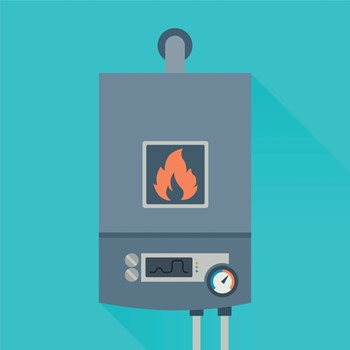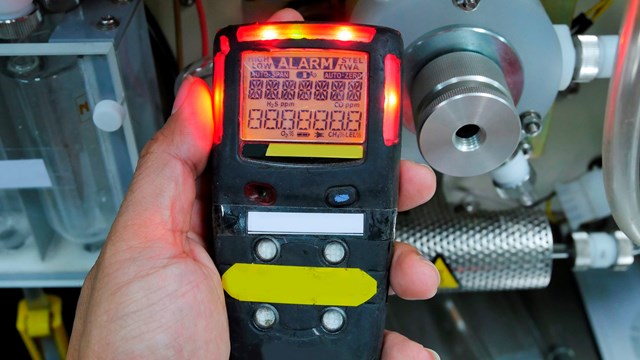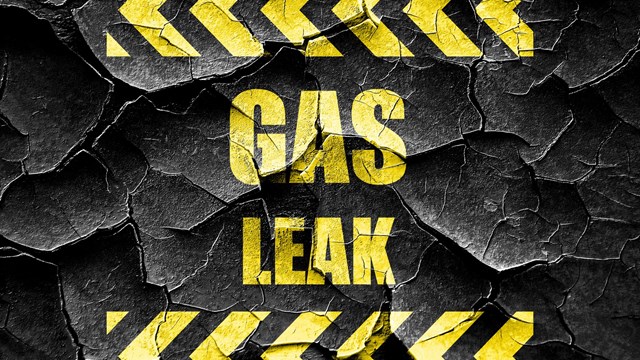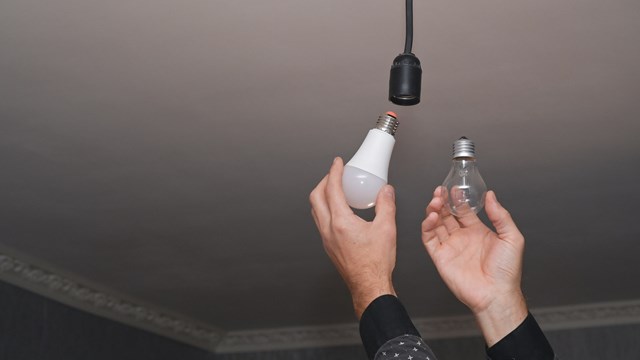
Local Law 157 was passed to prevent tragedies like the 2014 East Harlem and 2015 East Village gas explosions. By requiring the installation of natural gas detectors in all residential units with gas appliances by May 1, 2025, the law intends to make buildings safer. But as with many well-meaning regulations, the unintended consequences could be severe: gas shut-offs that leave buildings without service for months—or even years.
Here’s how it happens. Natural gas detectors, as regulated by Local Law 157, are designed to alert residents to leaks by sounding a loud alarm. This alarm verbally tells them there is an explosion risk and to call 911, who will alert local utility authorities that often shut off gas service as a precaution. And while the intent is to ensure safety, restoring gas to a building isn’t as simple as flipping a switch.
Once gas is shut off, the utility must inspect the entire system for leaks, conduct pressure tests, and confirm compliance with all codes. For older buildings, this process frequently uncovers additional issues—like outdated pipes or valves—that need to be fixed before service can resume. The result? A building can be without gas for cooking or heating for months or even years.
Local Law 157 will inevitably lead to more leak reports. And with more reports, there will be more precautionary gas shutoffs—creating a perfect storm of unintended consequences for building owners, managers, and residents.
Enter smart natural gas detectors. Unlike traditional detectors, which sound an alarm and scare people into action, smart detectors send instant alerts to building management. Whether it’s through a text, email, or app notification, the system provides immediate information about the location of the issue.
This direct communication gives property managers the opportunity to investigate and address the issue before they trigger full-scale utility intervention.
The key here is control. Smart detectors empower building management to respond to gas leaks proactively and maintain safety without the unintended side effect of prolonged service interruptions.
There are a number of different ways to comply with Local Law 157, each with risks and benefits. We created a guide to help building owners and managers navigate the law and understand all the options. You can find all the information at nyclocallaw157.com.
Local Law 157 was designed to protect New Yorkers, but its implementation poses real risks for property owners and tenants alike. Gas shut-offs can be disruptive, costly, and painfully slow to resolve. Smart natural gas detectors, however, offer a way to meet the law’s requirements while keeping buildings safe and functional.
By acting now to install smart detectors, building owners can avoid the pitfalls of prolonged gas service interruptions—and stay ahead of a regulation that’s already reshaping how we think about building safety.
Lee Hoffman is the cofounder and president of Runwise, a New York-based firm offering end-to-end boiler monitoring and management systems designed to save on energy costs and reduce carbon emissions.









Leave a Comment